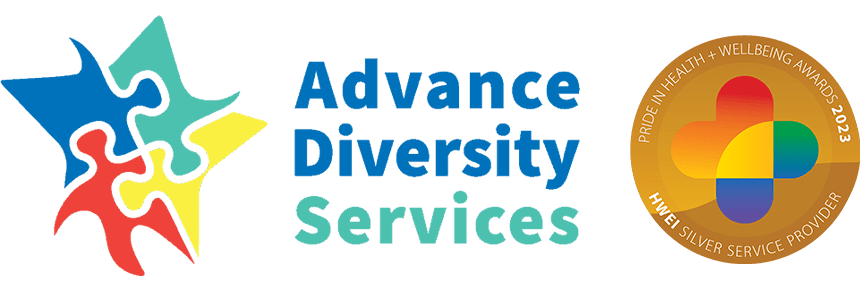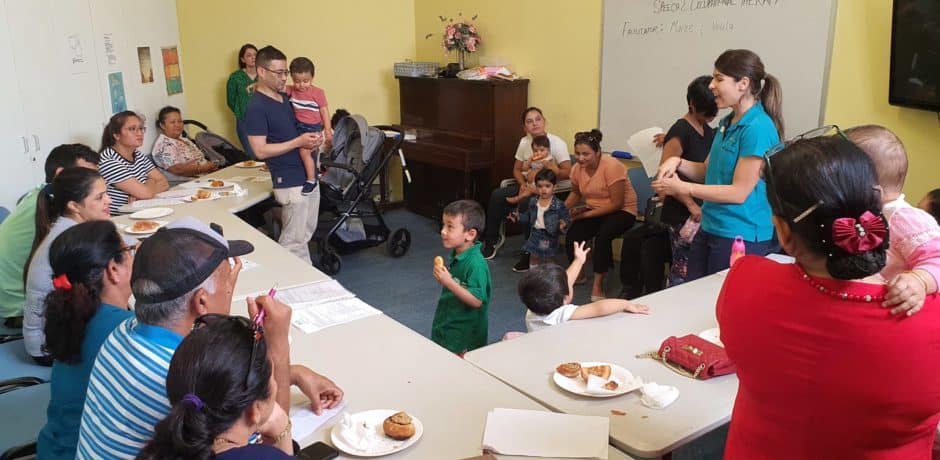Updates to a free parenting app facilitated by Advance Diversity Services (ADS) and the South Eastern Sydney Local Health District (SESLHD) Child, Youth & Family Services are ensuring the Love Talk Sing Read Play (LTSRP) app is a ‘go-to’ reliable and practical source for parenting information rather than turning to Google.
Consultations with emerging communities in 2019 & 2020 saw 13 new key messages incorporated into the LTSRP app and translated into four community languages – Nepali, Bangla, Arabic and Simplified Chinese.
“The new messages support parents with age-appropriate feeding, screen time and child development tips, as well as where and how to access services. Parents receive notification reminders in their language about all the health checks and when they are due,” said Helen Rogers, SESLHD Early Parenting Program Coordinator.
“Parents can also add photos of their children to create a memory book – a great feature,” said Magdaline Shenton-Kaleido, Team Leader, Emerging Communities, at ADS.
SESLHD Multicultural Health granted funding for the collaborative project Nepali and Bangladeshi Early Parenting Key Health Messages Project (0-5) in 2019.
Community consultations, facilitated in 2019 by SESLHD cross-cultural community workers Rubina Huq and Bandana Karki, and ADS community workers Tasneem Rashid and Rishi Acharya, gleaned input from 63 Nepali and Bangladeshi parents, grandparents and carers to inform the co-design of culturally appropriate resources.
The consultations found key areas of concern for communities related to feeding practices, social participation, bilingualism, active play, screen time and sleeping.
A Consumer Reference Group with 10 members from Bangladeshi and Nepali communities was set up to discuss findings and next steps for the co-design of resources and community education sessions. It was agreed that rather than reinventing the wheel, the findings would be incorporated into the already existing and well-respected LTSRP parenting app.
The LTSRP app now has 13 new key messages that relate to sleep time/sleep routine; supporting learning and development (using one’s own language and English); meal time to connect, share family food and support learning; and tummy talking to brain (in response to assertive feeding practices).
ADS also co-facilitated four (two Nepali and two Bangladeshi) community education sessions at the Kogarah Storehousewith SESLHD staff, Jo Power, Suanne Hall, Voula Stathakis and Maree McGlinchey.
The two sessions covered:
- First 2000 Days and child development facilitated by Child Health and Family Health nurses Jo Power and Suanne Hall (24 participants).
- Active Play facilitated by St George speech therapist Voula Stathakis and occupational therapist Maree McGlinchey (24 participants).
ADS is promoting the LSTRP app with the new key parenting messages via parents and grandparents groups and social media. SESLHD cross-cultural workers Rubina HUQ and Galuh SAPTHARI are also promoting the app via antenatal and early parenting groups, and individual client conversations.
“Feedback from Nepalese, Bangladeshi, Arabic and Chinese backgrounds so far highlights the value of the free app for parents,” said Ms Shenton-Kaleido.
“It contains age-appropriate information for every family to help their children learn and develop.
“Parents and grandparents should download the Love Talk Sing Read Play App app through the App Store or Google. It’s so good – and so easy.’

